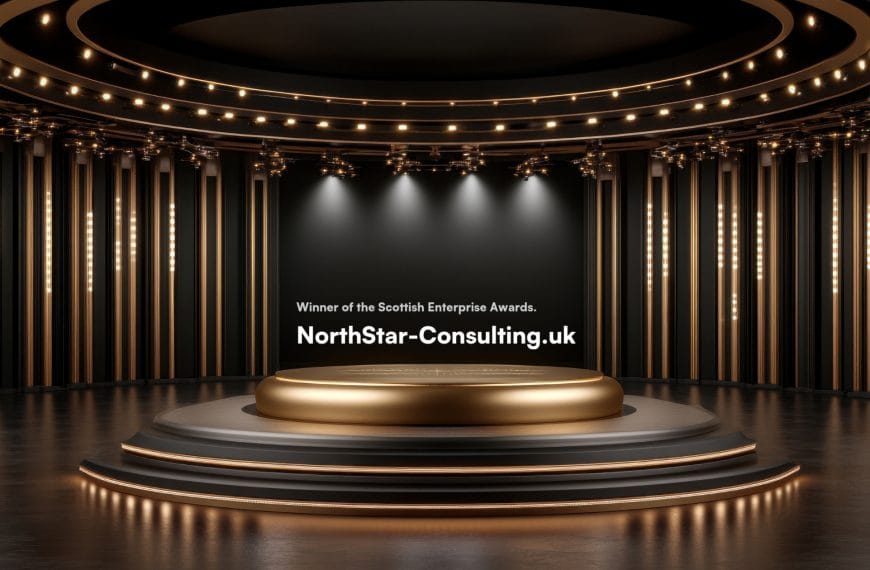Balancing Speed, Accuracy & Oversight
Consultancies, from McKinsey’s Lilli and Boston Consulting Group’s Deckster and GENE to Bain’s Copilot and Deloitte’s Sidekick, are racing to bake generative AI into every workflow. They promise to turn weeks of grunt work into hours of actionable insight, yet real-world pilots reveal a different story: hallucinations that derail compliance, boilerplate decks needing full rewrites, and prompt engineering that hijacks junior analysts for up to 20 hours a week.
Meanwhile, governance processes, such as McKinsey’s six-step validation cycle, Deloitte’s layered security audits and PwC’s embedded compliance checks, can stretch simple requests into multi-week efforts, eroding any “hours-not-weeks” gains.
Layer on siloed data architectures that starve models of context, murky accountability frameworks that obscure ownership of AI-driven advice, and ethical red flags around large-scale scraping, and it becomes clear. Generative AI in consulting is a powerful turbo-charger, but far from a plug-and-play replacement for human expertise.
The “Silver Bullet” Narrative vs Reality
McKinsey reports that over 70% of its 45,000 consultants use Lilli roughly seventeen times per week for research and analytics. Yet internal feedback shows nearly one in four AI-drafted deliverables requires substantial rewriting, adding two to three days of partner review per engagement and undercutting promised time savings.
Boston Consulting Group champions Deckster for slide creation and GENE as a conversational research assistant; employees have spun up over 18,000 custom GPTs. However, BCG staff report that up to 30% of auto-generated decks need manual overhaul to align with client context. However, BCG staff report that up to 30% of auto-generated decks need manual overhaul to align with client context
Bain & Company integrates Microsoft Copilot across its 13,000 consultants, drafting content, summarising data and accelerating due diligence. Yet Bain leadership acknowledges that initial ROI often falls short, with prompt-engineering hours offsetting early efficiency gains.
Deloitte’s Sidekick, rolled out to 75,000 employees across EMEA for presentations and code generation, is managed under strict security controls. However, “data access bottlenecks” and regulatory reviews can extend deliverable timelines by days.
Failure Modes: Mini Case Studies
- Fabricated Facts and Hallucinations – In a healthcare pilot, it was reported that McKinsey’s Lilli once cited a nonexistent January 2024 regulatory amendment, forcing consultants to verify every reference. Similarly, it was found that BCG’s GENE produced plausible-sounding but incorrect market-sizing figures that surfaced only during senior-partner review.
- Boilerplate Over Bespoke Insight – According to internal debriefs, consultants discarded up to half of Lilli-generated slides when a generic five-step resilience framework failed to incorporate client-specific logistics data, and Bain teams reported fully reworking Copilot drafts to embed bespoke risk policies
- Prompt-Engineering Bottlenecks – According to internal reports, McKinsey juniors spend 15–20 hours per week refining prompts for Lilli, time formerly devoted to interviews and synthesis. Deloitte reports that up to 25% of project budgets are now allocated to prompt engineering and tool customisation.


Broader Industry Trends and Scepticism
Beyond the “Big Four,” a wave of AI-native boutiques offers specialised, lower-cost services, challenging incumbents with agile, AI-driven workflows. Yet Gartner forecasts one-third of enterprise generative-AI proofs-of-concept will be abandoned by end-2025 due to poor data quality, risk-control gaps and spiralling costs.
Global data-localisation laws force regional AI silos, McKinsey’s EU Lilli cannot access US datasets, mirroring similar constraints at Deloitte’s Sidekick and PwC’s Agent OS. Only 22% of consultancies have defined clear KPIs tying AI use to revenue uplift, leaving true ROI opaque.
Despite ambitious AI branding, governance frameworks vary. McKinsey’s six-step cycle can stretch to three weeks in regulated sectors, while Deloitte layers additional security and privacy reviews, and PwC’s Agent OS embeds compliance checks at each workflow stage.
The True Cost of AI Adoption
Licensing for McKinsey’s Lilli exceeds £8,000 per user annually, equivalent to £360 million in total, before adding £40 million for training prompt engineers and ethics officers. Bain’s ChatGPT partnership incurred undisclosed but material costs for enterprise licences and industry-specific customisation. Deloitte’s Sidekick rollout across 75,000 staff similarly reached an eight-figure spend on infrastructure and platform integration.
Clients remain wary, as 65% of C-suite executives distrust fully AI-automated consulting, fearing reputational fallout from underperforming “black-box” advice. Legal liability for erroneous recommendations, whether human or algorithm-driven, remains unresolved.
Key Concerns
- Data Fragmentation – ERP, CRM and bespoke research repositories still reside in silos at most firms. Bain warns that fragmented datasets stall AI initiatives and balloon integration budgets. MuleSoft finds 90% of IT leaders struggle with data silos, directly correlating with stalled AI projects.
- Accountability Metrics – Only 22% of consultancies track AI-to-revenue KPIs. Most rely on soft measures such as query counts and tool uptake. Without standard metrics, firms face legal and reputational risk when AI recommendations lead to client losses.
- Ethics of Data Scraping – Generative models often train on web-scraped content without explicit consent, raising copyright and privacy concerns. Prolific’s review warns of potential IP violations, while NatLaw Review documents rising legal disputes over database rights. Firms must implement auditable data-sourcing frameworks to defend against regulatory scrutiny.
Accelerant to Strategic Advantage
Generative AI has undeniably turbo-charged routine consulting tasks, from rapid slide generation to initial draft memos, but it remains an accelerant, not an autonomous consultant. Deployments across McKinsey, BCG, Bain, Deloitte, PwC and boutique firms surface the same pitfalls: inaccurate “facts,” generic insights, endless prompt-tuning and heavyweight governance that eats into promised time savings.
The true winners will be those who treat AI as a co-pilot, pairing every pound spent on models with equal investment in human oversight, robust controls and ethical data practices. By balancing innovation with governance and elevating skilled consultants alongside their AI assistants, firms can unlock generative AI’s full potential without sacrificing client trust or quality.
Northstar Consulting helps SMEs with their growth strategies by providing actionable insights based on data-driven analysis. Follow our blog, The Pulse, to stay up to date on the latest developments in business and innovation.




